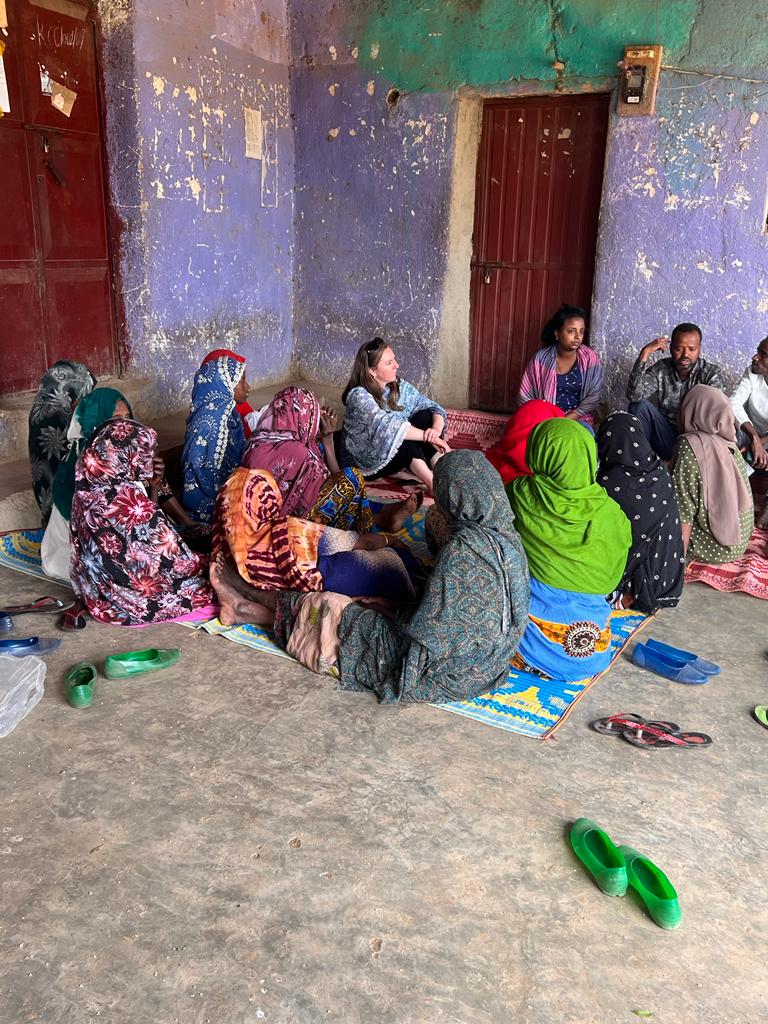How a Gender, Youth, Economic, and Social Inclusion (GYESI) Analysis is Helping Improve Food Systems in Ethiopia

By Terrill Kucera, WI-HER Program Manager
In a recent Gender, Youth, Economic, and Social Inclusion (GYESI) analysis conducted under the Feed the Future Ethiopia Transforming Agriculture project, participants shed light on the substantial challenges women and youth face in Ethiopia’s commercial agriculture sector. The study revealed deep-rooted societal and economic barriers that significantly limit their active participation and success in the sector.
Participants in the study shared personal experiences, highlighting the discouragement they encounter when attempting to pursue business endeavors, the social expectations that confine them to traditional gender roles, and the barriers both women and young people face in accessing start-up and expansion capital.
The Feed the Future Ethiopia Transforming Agriculture project, led by RTI International, is at the forefront of addressing these challenges. It is dedicated to improving agricultural productivity and food systems across Ethiopia’s diverse regions. Moving into 2024, the project is poised to implement strategies aimed at fostering soft skills development, employing gender-transformative approaches, and providing access to customized financial products. With support from WI-HER, this effort is not just about strengthening the resilience and productivity of women and youth-led enterprises. It’s also about making a substantial contribution to Ethiopia’s broader economic and social advancement.